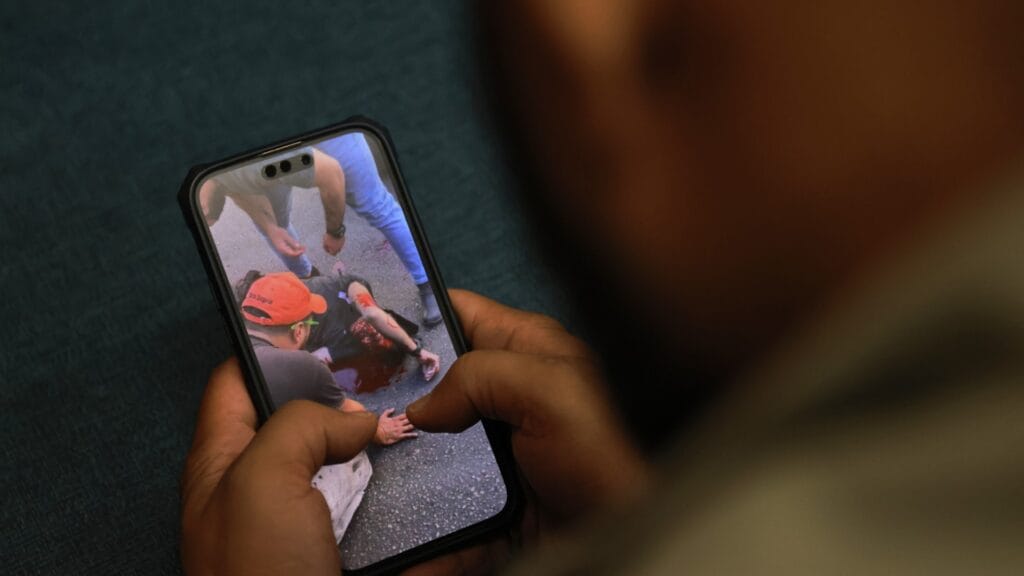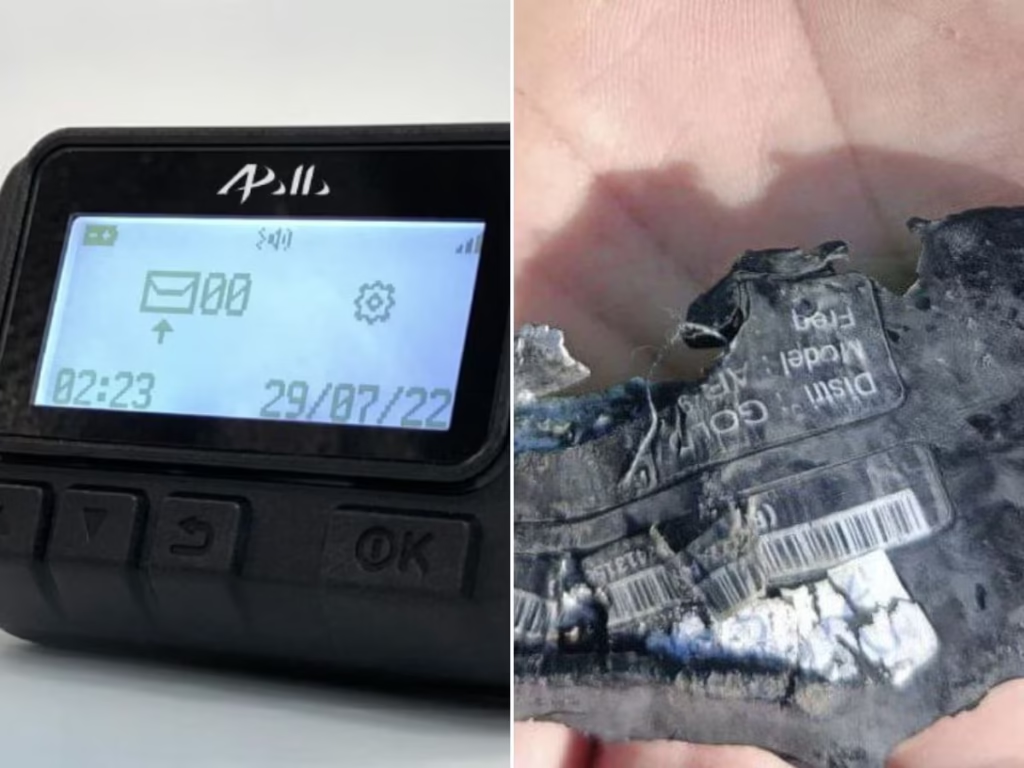Lebanon Pager Attack: Global news still revolves mostly around the conflict between Israel and Gaza, which eclipses problems abroad. Long a cause of strife between Israel and Hezbollah, a terrorist organization backed by Iran, Lebanon is north of Israel. With constant battles, skirmishes, and cyberwarfare aggravating the situation, the northern border has been a volatile area over the years.
Lebanon Pager Attack: A Cyber-Physical Onslaught
A cyber-physical onslaught unlike anything else fundamentally changed the terrain of contemporary combat in September 2024. Targeting Hezbollah agents depending on antiquated communication methods to remain anonymous, Israeli intelligence officers aimed upon The accuracy and extent of this operation rocked military doctrine all around.
Terrible Things Happened Here
Reports of a series of odd explosions were reported from southern Lebanon and portions of Syria on September 17 and 18, 2024. Once seen as safe, pagers and walkie-talkies burst without notice, killing hundreds of Hezbollah members and associates. At least 42 people died and over 3,500 more were injured; many suffered lifelong harm, including amputations, visual loss, or severe internal injuries. The death count initially was higher than first stated. Especially, Hezbollah’s own reliable communication systems were used for the lethal attack instead of drones or jets.

This was a deliberate cyberattack of enormous scope, not a haphazard technical breakdown.
Organization and Execution of the Attack
For their main form of communication across Lebanon, Syria, and other areas, Hezbollah had turned to encrypted mobile phones. But Israeli intelligence, known for its signal-intercepting skills, had been tracking mobile communications even more closely. Assuming these gadgets were immune from modern surveillance, Hezbollah officials told their agents to migrate to older technology, including pagers and rudimentary walkie-talkies, in order to resist this.

Hezbollah never imagined Israel’s capacity to weaponize even the most fundamental technologies.
Israeli cyber units, especially Unit 8200, apparently took advantage of weaknesses in the world supply chain. They reportedly placed micro-explosives like PETN close to gadget batteries or implanted software backdoors meant to cause explosions far away. These cyberspace agents broke into the distribution systems, introducing pagers and communication tools into Lebanon.
Israel allegedly established fictitious businesses to enable these leaks, making sure many of the devices delivered to Hezbollah commanders were basically ticking time bombs. These hacked gadgets were inactive for months following installation until they were triggered.
Accuracy and Falsehood
Hezbollah’s leadership started important activities between 4:00 PM and midnight, giving field commanders strategic instructions. Knowing this schedule, Israeli intelligence aimed the attack exactly at September 17, 2024, at 3:00 PM.
Satellite signals or preset commands set off the explosions. While some devices exploded when opened to read messages, others detonated while they were carried in pockets. The attack worked well because it could target both passive holding devices and active communicators.
Many deaths, command station destruction, and general upheaval of Hezbollah’s leadership followed simultaneous bombings at several sites.
Affect on Policy
With numerous high- and mid-level officials either dead or otherwise incapable of carrying out their responsibilities, the strike compromised Hezbollah’s internal communication. The psychological impact was equally notable; Hezbollah agents could no longer rely even on their most basic form of communication.
Following this, Hezbollah stopped utilizing pagers for communications and turned back to antiquated courier systems and in-person meetings, therefore severely slowing its activities.
Israel’s effective application of cyber-physical warfare—that is, combining cyberattacks with actual destruction—marked a dramatic change in military doctrine. Israel accomplished success employing clandestine and non-traditional approaches rather than troops, tanks, or conventional air strikes.
Worldwide Response
The globe responded with shock and worry. Experts in cybersecurity noted that this attack represented a peek at the future of warfare in which supply chains, trusted equipment, and even consumer products may be weaponized.
Particularly in relation to major airstrikes, Western viewers commended the operation for its accuracy and the rather low civilian losses. But ethical and legal questions about the weaponizing of commercial goods and the possible creation of a hazardous new precedent for cyber-enabled killings surfaced.
Iran and Hezbollah, predictably, denounced the incident, charging Israel with terrorism and vowing reprisals. According to sources close to Iran, the nation started looking at all imported devices to prevent future strikes.
Aware of the significant and persistent changes in the battlefield, intelligence services around the world noted.
Life Lessons Acquired
The 2024 pager explosions for governments and military entities all across can teach three important lessons:
- Cyber-physical fusion is actual and can be fatal; it is not only a hypothesis.
- Fast becoming a key national security concern is supply chain security.
- Cyberattacks compromise even low-tech remedies.
- Psychological warfare, meant to sow mistrust, can be just as deadly as actual devastation.
The event also underlined a crucial reality about contemporary warfare: the battlefield is getting less obvious. Wars happen in data centers, satellites, and supply lines; they are not waged in trenches or the heavens.
Last Notes
Modern military history will always remember the 2024 pager explosions in Lebanon as a turning point. Israel’s clandestine but lethal experiment showed how trust itself may be used to transform apparently secure technologies into weapons, hence guiding future wars.
One thing is obvious: the age of cyber-physical warfare has come, even if the dust is still settling.
Frequently Asked Questions
What happened during the 2024 Lebanon pager attack?
In September 2024, Israeli intelligence triggered explosions in Hezbollah’s communication devices, killing or injuring thousands through a cyber-physical assault.
How did Israeli intelligence carry out the cyber-physical attack?
They allegedly hacked the supply chain, embedding explosives and backdoors in pagers and walkie-talkies used by Hezbollah, which were remotely detonated.
Why did Hezbollah switch to old communication tools like pagers?
To avoid modern surveillance, Hezbollah reverted to outdated devices, wrongly believing they were secure against cyber interception and hacking.
What was the global reaction to the pager explosions?
The attack drew global shock, with experts recognizing it as a new era of warfare, while concerns about the ethics of weaponizing consumer devices arose.
What are the key lessons from the 2024 pager attack?
The event highlighted the risks of cyber-physical fusion, vulnerabilities in supply chains, the dangers of cyberattacks on low-tech systems, and new psychological warfare tactics.
Why did Israel attack Lebanon?
Israel targeted Hezbollah members in Lebanon to weaken their operational capabilities by exploiting vulnerabilities in their communication tools through a cyber-physical assault.
How did the pager explosion work?
Israeli cyber units allegedly embedded micro-explosives and software backdoors into pagers and walkie-talkies, which were remotely triggered, causing devastating blasts.
Who controls Lebanon?
Lebanon is a sovereign country, but Hezbollah, a powerful Iran-backed group, holds significant influence over parts of its political and military landscape.
What is Hezbollah fighting for?
Hezbollah claims to fight against Israeli influence and supports resistance movements in the region while also advancing Iran’s strategic interests.
Are pagers still in use?
Though largely outdated, pagers and simple communication devices are still used by groups like Hezbollah for security reasons, believing them to be harder to track.












very useful.